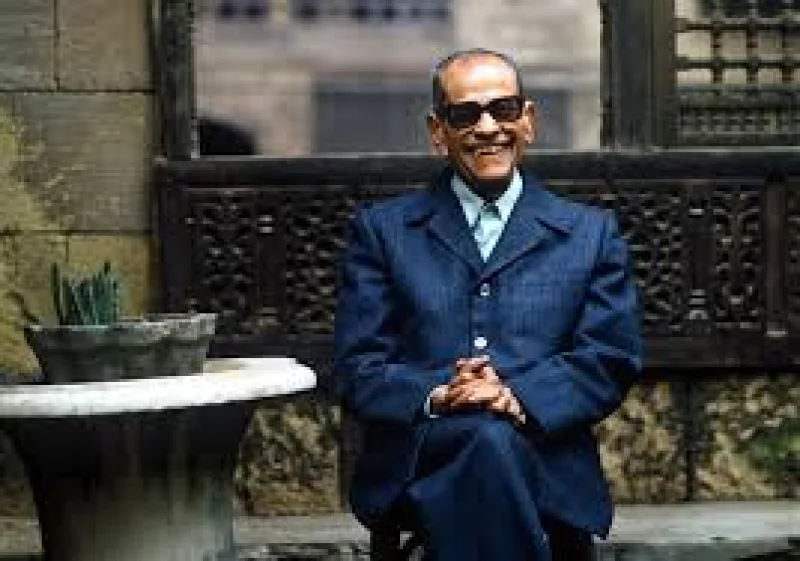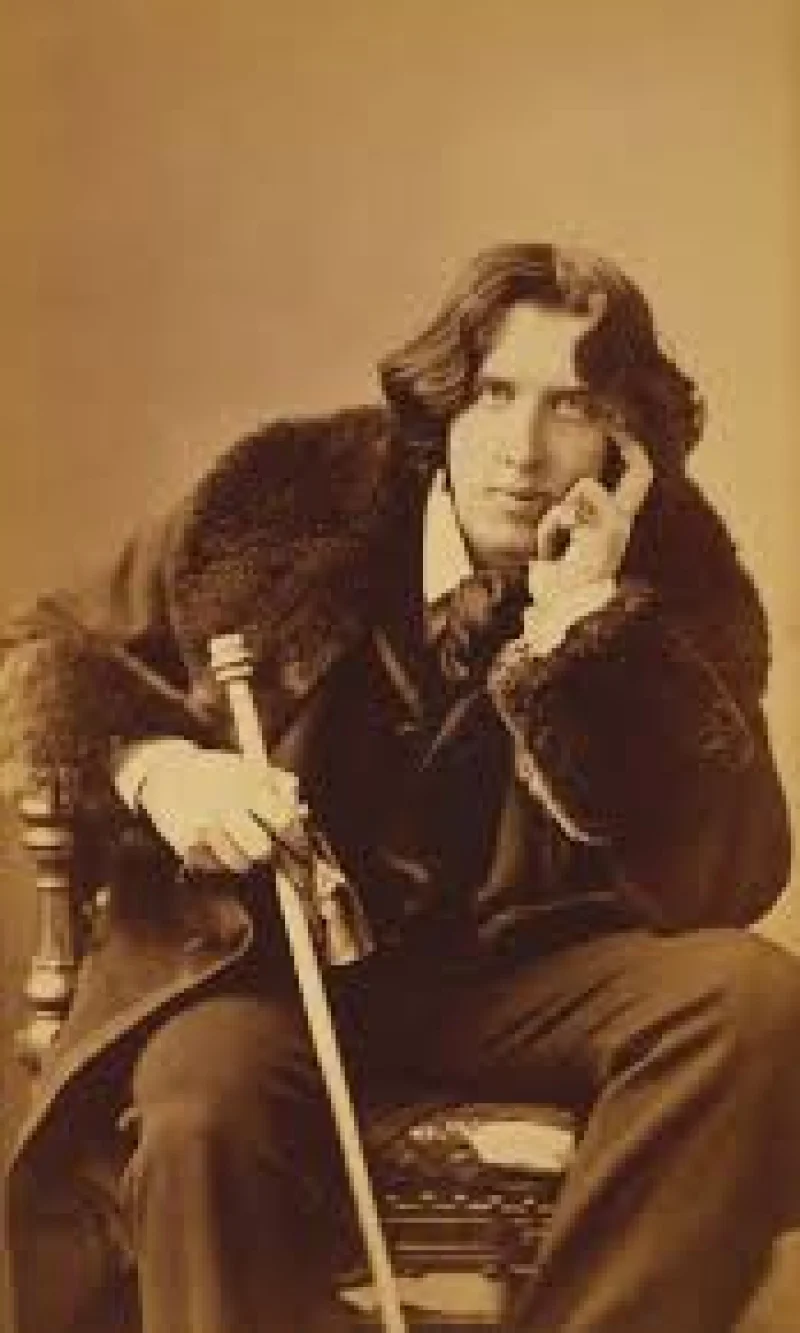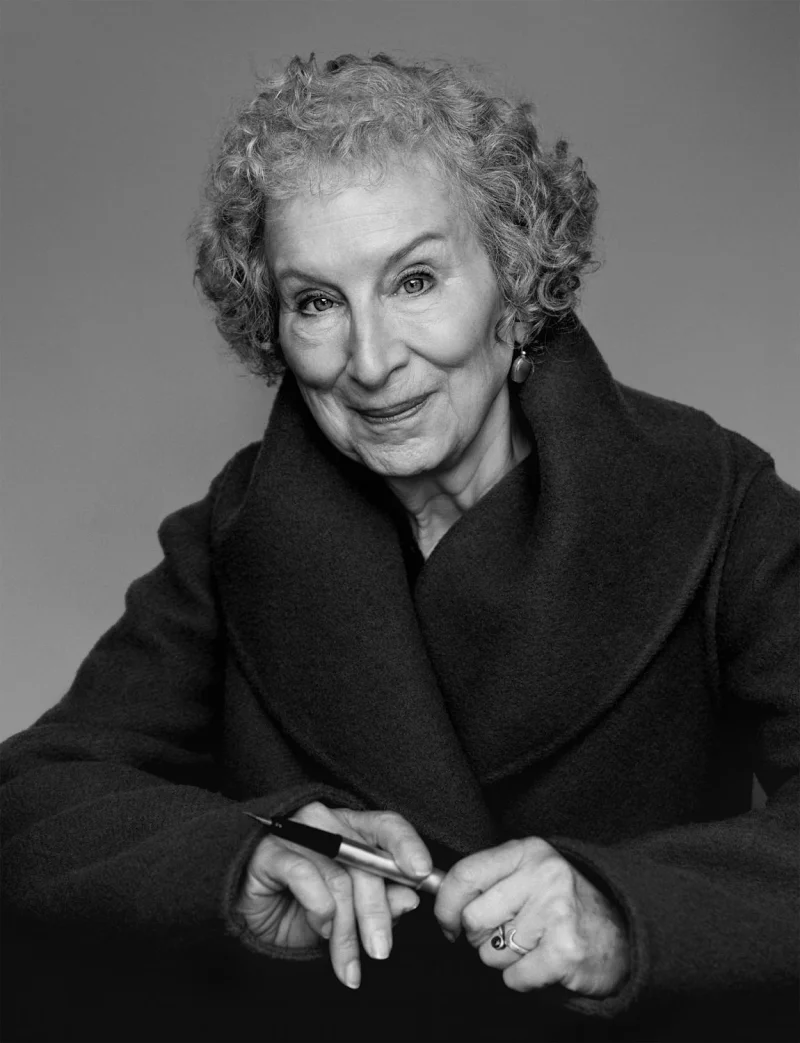Short Summary
Naguib Mahfouz was an eminent Egyptian novelist and the first Arabic-language writer to be awarded the Nobel Prize in Literature in 1988. He is renowned for his significant contributions to modern Arabic literature, most notably through his Cairo Trilogy. His works often depict the struggles of Egyptian society, reflecting its political, social, and cultural transformation. Through his extensive literary output, Mahfouz has left an indelible mark on both Egyptian and global literature.
Early Life & Education
Naguib Mahfouz was born on December 11, 1911, in the Gamaliya district of Cairo, Egypt. He was the youngest of seven children in a middle-class family. Growing up in a historically rich yet bustling area of Cairo, Mahfouz was deeply influenced by his surroundings, which later became the setting for many of his novels. He attended the University of Cairo, where he graduated in 1934 with a degree in philosophy. His academic background in philosophy played a crucial role in shaping his critical thinking and literary style, allowing him to explore complex themes and characters in his works.
Career Highlights
Mahfouz began his writing career in the 1930s, initially publishing short stories and essays. His first novel, "Khufu's Wisdom," was published in 1939, marking the beginning of a prolific writing career. The release of the Cairo Trilogy between 1956 and 1957—comprising "Palace Walk," "Palace of Desire," and "Sugar Street"—cemented his reputation as a leading novelist. These novels offer a panoramic view of Egyptian society and its evolution over several generations. Mahfouz's literary style evolved over time, moving from historical narratives to exploring existential themes and contemporary societal issues.
Major Achievements
- First Arabic-language Nobel Laureate: Awarded the Nobel Prize in Literature in 1988 for his profound humanistic storytelling.
- The Cairo Trilogy: Acclaimed for its detailed portrayal of life in Cairo, showcasing the socio-cultural evolution of Egypt.
- Over 30 novels and 350 short stories: His extensive body of work has significantly enriched Arabic literature.
- Adaptations: Many of his works have been adapted into successful films and television series, broadening their reach.
Famous Quotes
- "You can tell whether a man is clever by his answers. You can tell whether a man is wise by his questions."
- "We are passing through a very sensitive time, and on the whole, this country is at a critical stage."
Interesting Facts
- He wrote every morning from 4 to 7 a.m., maintaining a disciplined writing habit.
- Despite his literary fame, he worked as a civil servant for most of his life.
- Mahfouz survived an assassination attempt in 1994 due to his controversial novel "Children of the Alley."
- He was a lifelong bachelor until marrying at the age of 43.
- His works were initially not well-received in the Arab world due to their progressive themes.
Legacy / Influence
Mahfouz's legacy is firmly entrenched in the canon of world literature, particularly within the Arab world. By capturing the essence of Egyptian life and universal human experiences, he has influenced generations of writers. His bold exploration of social and political themes has paved the way for contemporary Arab writers to address similar issues. His works continue to resonate, offering insights into the complexities of human nature and societal change.
FAQ
Q: Why is Naguib Mahfouz famous?
A: He is famous for his extensive contribution to Arabic literature and for being the first Arabic-language author to win the Nobel Prize in Literature in 1988.
Q: What are some of Naguib Mahfouz's best-known works?
A: His best-known works include the Cairo Trilogy, "Children of the Alley," and "Midaq Alley."
Q: Did Naguib Mahfouz face any controversies?
A: Yes, his novel "Children of the Alley" was controversial for its allegorical portrayal of religious themes, leading to a fatwa against him.
Q: How did Mahfouz's upbringing influence his writing?
A: Growing up in Cairo's historical district influenced his rich depictions of Egyptian life and culture in his novels.











